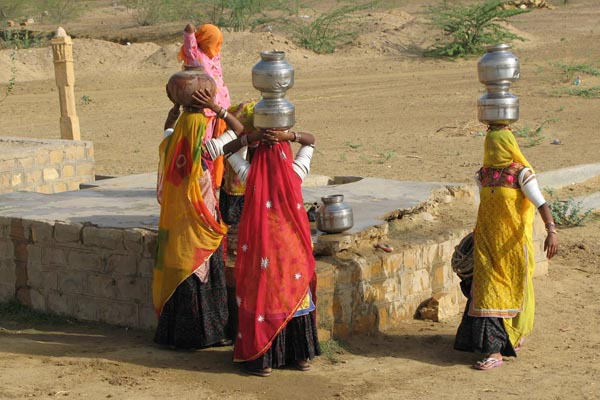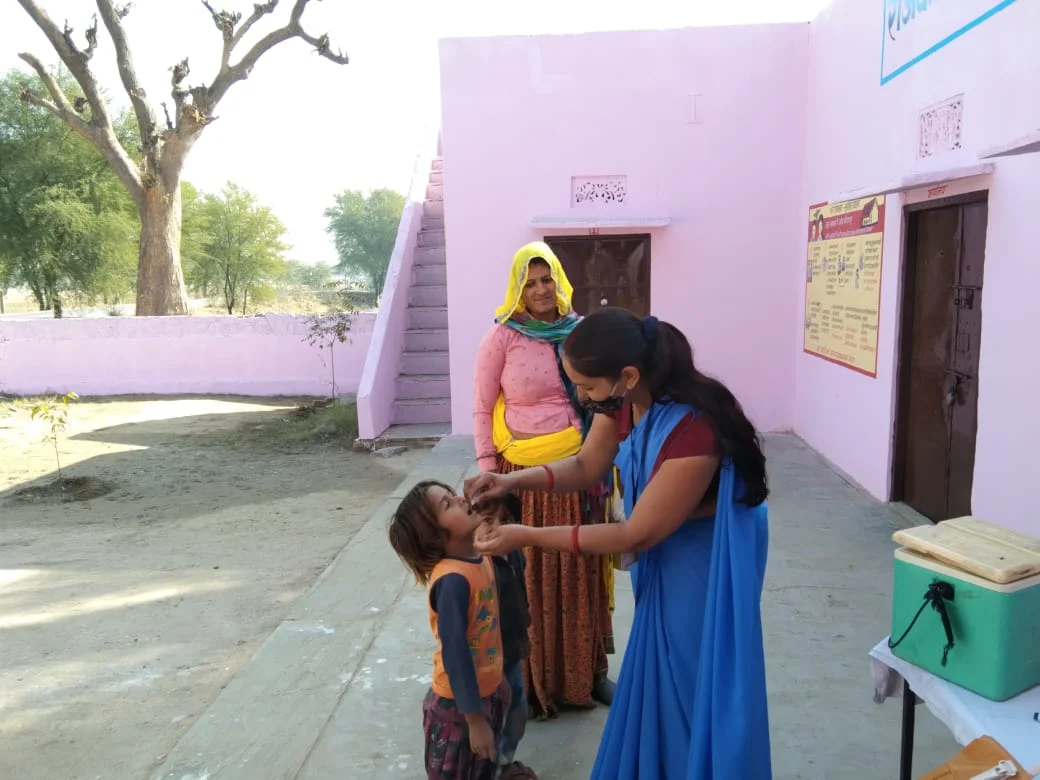Posted by Pritisha Borah and Menaka Damodar
Violence against women can be defined as “any act of gender-based violence that results in, or is likely to result in, physical, sexual or psychological harm or suffering to women, including threats of such acts, coercion or arbitrary deprivation of liberty, whether occurring in public or in private life (Declaration on Elimination of Violence Against Women issued by the UN General Assembly: 1993)”. Such gender based violence has adverse effects on psychological, sexual, and reproductive health.
For ages women have been victims of different forms of gender-based violence whether at home or the outside world. From the day a girl child is born, she is subjected to regressive societal norms, traditions, and different forms of violence. By the time she attains puberty, she is under societal pressure to get married. After she gets married, she is again under pressure to get pregnant and give birth to a male child. This does not end here. Over the years, a woman also undergoes governmental pressure to control the booming population of our country.
After she gets married she is again under pressure to get pregnant and to give birth to a male child.
Any woman in such circumstances often thinks whom to blame and to whom she can complain about such violence. Such kind of gender violence can be witnessed in every part of the country and in every rural and urban space. Here we would like to put forward the realities of a group of women in Rajasthan who are regularly subjected to such violence.
The story was shared by the women itself to us during their regular field visits to the interior villages of Rajasthan. Our regular presence and work for the community might have helped them find a safe space to talk to her about the endless violence they were facing inside their homes which they weren’t able anywhere else. This story shows how Participatory Research in Asia (PRIA) through its work and interventions is opening up space for women to talk and highlight their concerns.
Also read: In Conversation With Khabar Lahariya: The First All Women Rural Media Channel
This group of women felt that being born as women was a curse and a burden to the society. They were forced to get married at an early age. At the young age at which they got married, they were completely ignorant about any household and family responsibilities. Somehow, they managed to survive in the family with a lot of pain and disappointment. After a year of marriage they were again subjected to familial and societal expectations to bear a child and once again they had to be submissive to such expectation.
Although in their heart they did not want to get pregnant at an early age, no one asked about their choice. In course of time they were pregnant multiple times without their consent or choice. So the question is – where is the safe space for them to express their disappointment and who could they blame?
where is the safe space for them to express their disappointment and who could they blame?
While they fulfilled all the expectations that came in their way, their struggles didn’t end there. As the days passed, violence from their husbands and families also increased. One woman confided in us saying, “Within six months into the marriage, my mother-in-law pressurised me to have a baby. I didn’t want to have a baby that soon.” There were many instances where they were physically and verbally abused by their husbands. Apart from such abuse they were also victims of marital rape at their own houses, which were supposedly a safe spaces for them.
They further shared that their husbands went out for work in the morning and by the time they reached home in the evenings, their husbands would be drunk and force them to be intimate. They faced abuse if they tried to resist. These forceful acts made them pregnant multiple times. Sometimes they went for abortions and sometimes they had to continue with their pregnancy. Even during their pregnancies, they were forced to have sex. Another woman said, “My husband comes home drunk and forces himself upon me and I have to put up with it. I had to undergo abortion many times due to this. I am very fed up.”
After multiple pregnancies, they face complications like weakness, dizziness and sometime postpartum depression. Some women shared that after their childbirth, they felt disconnected with the newborn, while others shared that they were bodily and mentally too exhausted to take care of their children and other family members.
Also read: Why Is Unsafe Abortion Still A Reality For Millions Of Women In India?
Where will they find a place where they can discuss their issues without being judged? The world is fighting to end gender violence, but in interior places of Rajasthan and other parts, women have adapted themselves to such violence. Will these women ever get a platform to express their disappointments and will they get the support needed to stand up against such violence?
Pritisha Borah is a learner and researcher working with people for the advancement of women’s rights. Menaka is a learner and community worker and is currently working in Participatory Research in Asia (PRIA), Rajasthan.
Featured Image Source: Mana Hotel
About the author(s)
Guest Writers are writers who occasionally write on FII.





How do we help ?